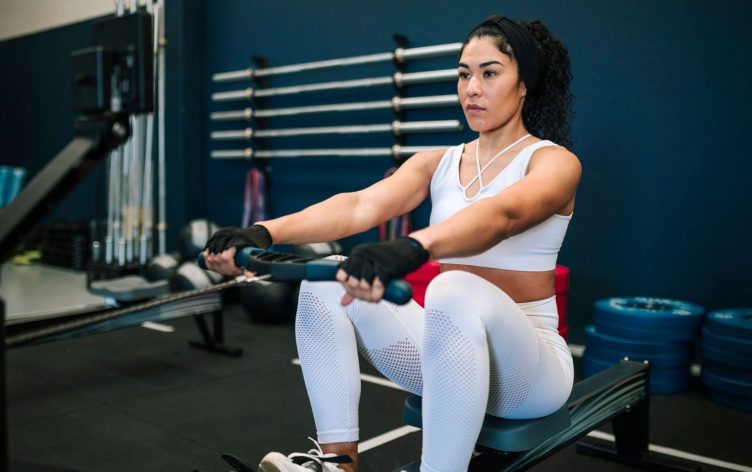Welcome to the know-everything era. We’re obsessed with knowing everything that goes into our bodies (calories along with macronutrients like carbs, fat, and protein), the calories we’re burning via exercise, how many steps we’re taking, our hydration status, sleep — you name it. And in some cases, more info is actually a weight loss tool.
“Weight loss apps can help people become aware of what they’re actually eating, as well as the number of calories they consume, which is helpful because we generally underestimate the number of calories in some foods,” says Deena Adimoolam, MD, an endocrinologist in Fair Lawn, New Jersey. You can also use them to get more know-how about nutrition labels and what macronutrients they contain if you’re trying to follow a specific diet.
Of course, there are downsides to weight loss apps, too. Research on their efficacy is mixed. For instance, a previous study suggested that while apps may be useful for a certain type of vigilant dieter, the average overweight person will probably not lose weight on them. Another previous article outlining research on young adults came to a similar conclusion. What many apps don’t do, another study, published in July 2019 in JMIR mHealth uHealth concluded, is provide users with behavioral change techniques, which is necessary to help people keep weight off in the long term.
That said, in a study that looked at nearly 24,000 app users who have body weights considered obese or overweight, those who were obese lost 5 percent of their body weight within 62 days of using the app, according to the Journal of Obesity & Metabolic Syndrome in December 2021. (Overweight folks lost that amount of weight in 65 days, on average.) Users who logged their weight and exercise and food intake lost that weight even faster.
Most Helpful
Can Drinking Coffee Lead to Weight Loss?
What Is the Shibboleth Diet, and Can It Help You Lose Weight?
Study Finds Big Advantages to New Weight Loss Program
Plus, a review looking at randomized controlled trials, which was published in June 2020 in Frontiers in Endocrinology, concluded that an app may indeed be a tool for weight loss — but, the authors clarify, it is just one tool. An app won’t be everything you need to reach your goals.
Still, monitoring food intake has been shown to be effective for some people. A study in the August 2017 issue of the Journal of Diabetes Research found that people with diabetes who consistently tracked their food lost an average of 10 pounds over one year. (This was compared with those who rarely or inconsistently charted their nutrition, who didn’t successfully shed pounds.) It’s also important to note that the nutrition info on the food database in some of these apps, even the really reputable ones, can vary, noted a study published in October 2021 the Journal of the Academy of Nutrition and Dietetics. So, it’s important to keep your expectations in check, as the apps may not be consistent across the board.
App engagement is an important factor in success. A separate study, published in JMIR Mhealth Uhealth in November 2021, looked at Noom app users (which appears on this list, below), and found that people who are more active on the apps — reading supplementary articles, logging meals, recording steps and exercise, sending a message to a coach (if available), and recording weight — were more likely to lose more weight compared to less app-dedicated folks.
And while food tracking can help you gain a greater awareness about every bite you put in your mouth, it may fail when the excitement drops off, says Tiffany Wright, PhD, aka “The Skinny Coach,” a weight loss expert in Los Angeles. So, if you’re someone who’s interested in using an app to support your weight loss, choosing one suited to your needs and likes is all the more important.











